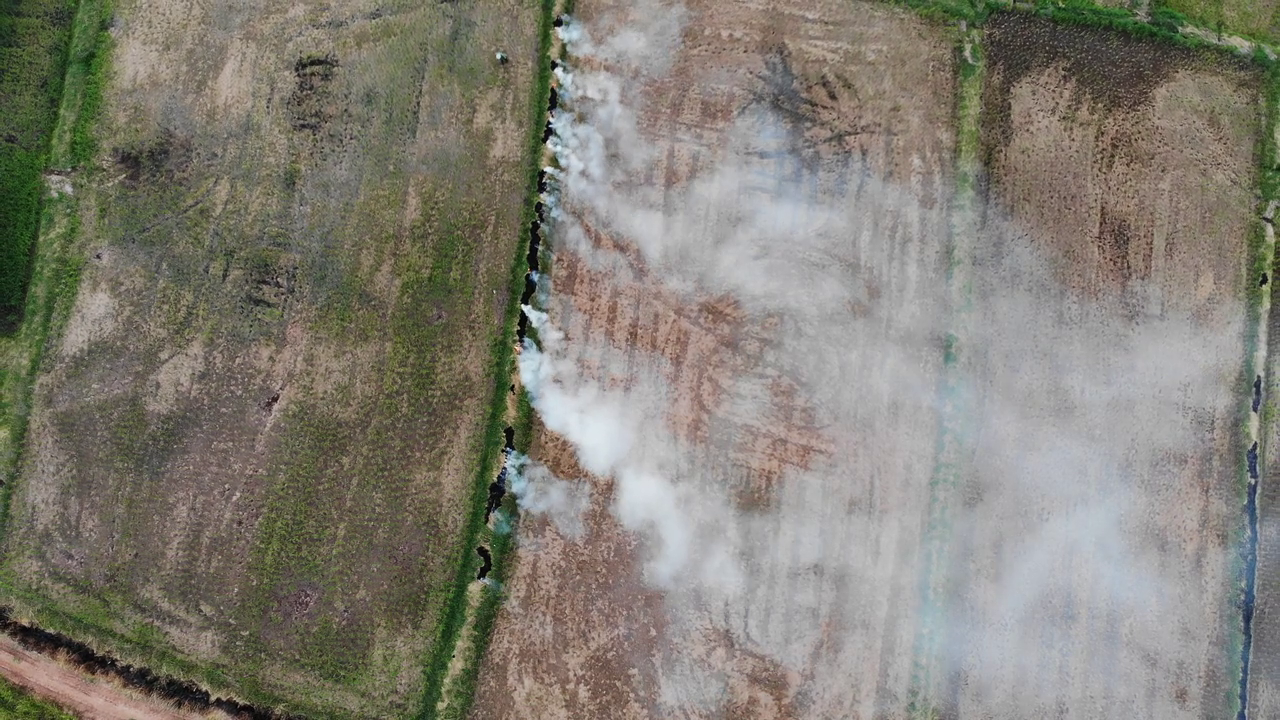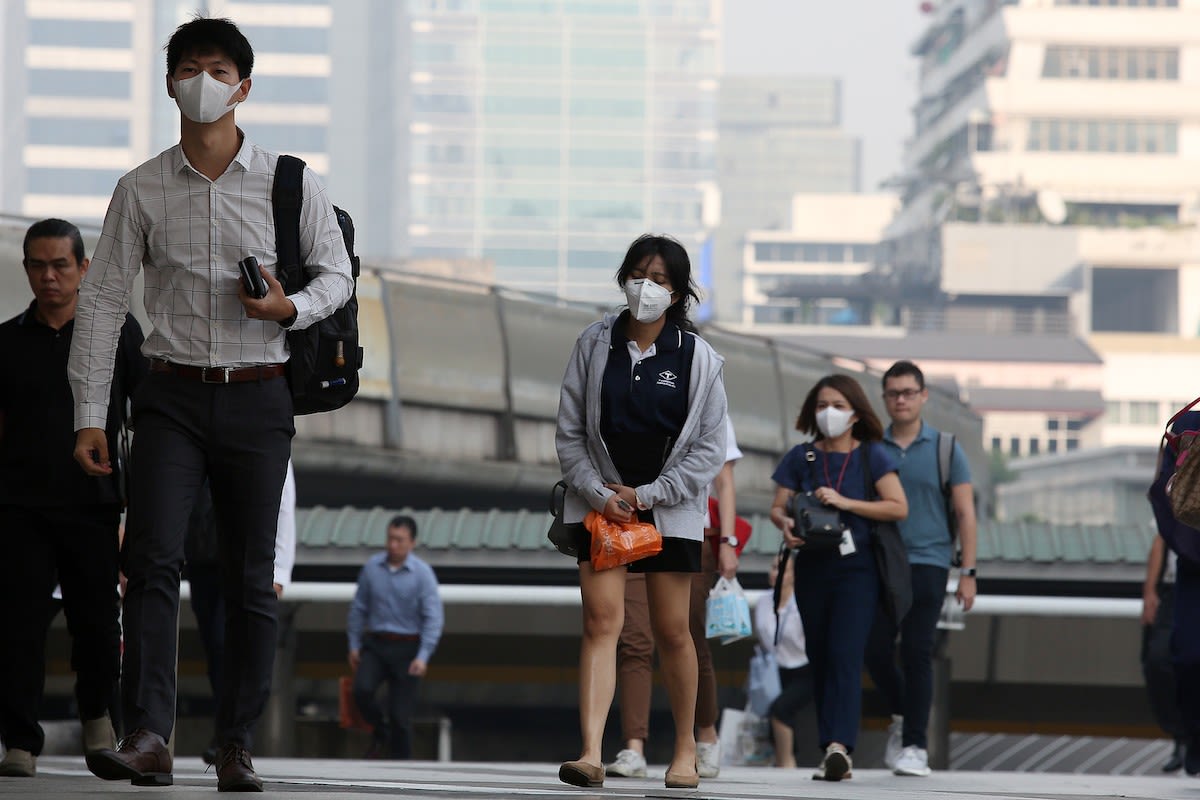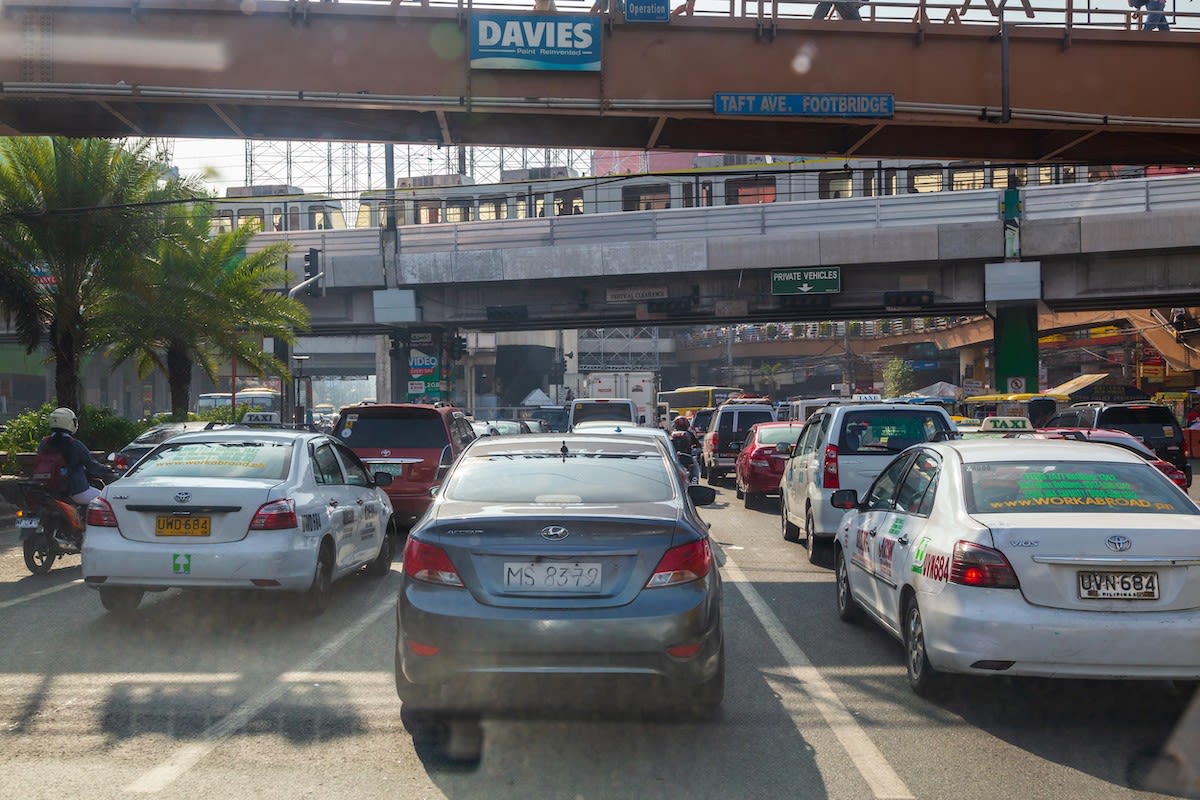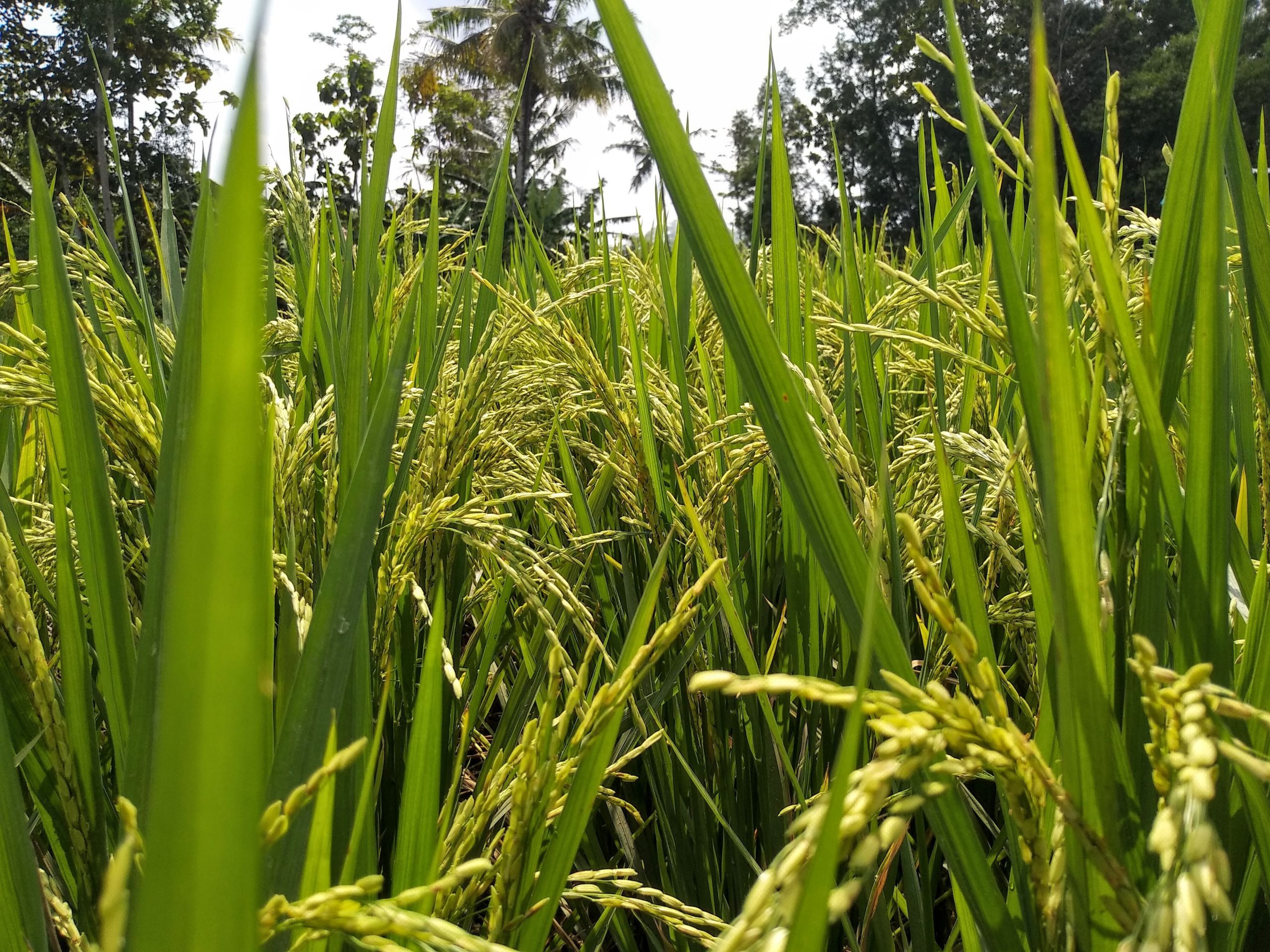Air pollution an increasing burden in Southeast Asia
Public wrestles with the downside of economic growth and growing energy demand

Ornsiree lived in the Thai capital of Bangkok, where a growing air pollution problem only amplified her health concerns.
She was far from alone.
Taksaorn Kuropakornpong, a Thai student, is allergic to dust and suffers on account of the air pollution every day.
“I think this year is worse, as my allergy is so bad, although my lifestyle has remained the same. I recently had to go to the hospital because I couldn’t breathe.”
As Southeast Asian economies continue to grow, people in the region increasingly have to deal with the environmental fallout.
More vehicles on the road, a growing demand for energy (partly satisfied by polluting coal power plants), and ever-growing industrial zones are some of the main drivers of dirtier air.
Ornsiree had to go to great lengths to protect herself.
“If I have to go outdoors, I must wear a face mask that can block PM 2.5 particles.”
She was also forced to keep her doors and windows closed, use an air purifier, keep her house clean, and continually monitor her symptoms in case she took a turn for the worse.
For people with similar health issues, things have been particularly difficult in Bangkok over the last two months, as the air quality has degraded.
In January, when Bangkok had the world’s third worst air quality on the popular pollution monitoring app Air Visual, over 400 school closures were ordered to protect children from the smog.
On Feb. 20, an unhealthy smog blanket covered the Thai capital, with 50 of the 58 air quality stations in the city reporting unsafe levels of PM 2.5, the Bangkok Post reported.

Things are hardly any better in the Philippines, Cambodia, or Vietnam.
According to the World Health Organization, the Philippines had the third highest number of air-pollution-related deaths in 2018.
That year, 45.3 of every 100,000 Filipinos died because of dirty air.
Only China and Mongolia have higher fatality rates.
In Vietnam, one of the fastest growing economies in the world, a recent study by the National University of Economics showed that economic losses associated with ambient air pollution cost the economy a staggering $10.8 to $13.2 billion annually, the Vietnamese news site Vietnamplus reported in January.
The same article reported 71,000 deaths in Vietnam were the result of environmental pollution, with about 50,000 of them directly related to air pollution.
In Cambodia, most people recognize that air pollution is becoming a bigger problem every year, with factories, polluting vehicles, and (illegal) rubbish burning being some of the main factors.
Many Cambodians believe that their government isn’t doing enough to tackle the problem. Khat Sothy is one of them. He compares the pollution crisis with the novel coronavirus outbreak.
So far, only one person has been infected with the new coronavirus. The Cambodian government doesn’t view it as a serious problem, even as many in the country believe the number of infections to be higher.
Sothy believes educating the public is key.
“When the air quality is bad, the Cambodian government doesn’t announce anything about air pollution,” Sothy told LiCAS.news. “Instead of helping the people with health issues, the government blames people for causing panic and having unnecessary fear.”
As a result, the 40-year-old editor at a local radio station in Phnom Penh decided to take matters into his own hands.
Together with a group of friends, he recently handed out close to 2,000 face masks for free.
“We distributed them because we want people to know how to protect themselves, from the coronavirus as well as from air pollution,” he said.
Experts say that more measures are needed to tackle air pollution in Southeast Asia.
One of them could be to stop farmers from burning their crops after the harvest, something millions of farmers in the region have been doing for years. It is a cheap and efficient way to clean up a rice field after the harvest. The method, however, leads to thick plumes of smoke and to polluted air — sometimes hundreds of miles away from the fire.
In Cambodia and Thailand, such crop burnings are particularly bad in January and February.


Diane Archer, a research fellow at the Stockholm Environment Institute in Bangkok, said that one of the things that needs to be done is making farming methods that do not require crop burning more affordable for farmers.
Archer also said that Thailand should look into establishing more public parks and increase the costs of using cars.
“Whether this is done through higher taxes on fuel or new cars, higher tolls, or taxing parking spaces, there are many options being applied in cities worldwide to make this possible. And vehicles which do not meet emissions standards need to be taken off the roads immediately, including public transport vehicles,” she told LiCAS.news.
In an attempt to combat the pollution, Thailand’s Ministry of Agriculture and Cooperatives recently joined hands with the private sector for the so-called Green City Project.
The project saw one million plants given away to residents in Bangkok to help combat air pollution.
“This was a pilot project and we want to expand it to cities across the country. We want to plant more trees at parks while inviting the public to join us,” Chalermchai Sri-on, the minister of Agriculture and Cooperatives, said.
Authorities in Bangkok also plan to install air purifiers on top of public buses, although many Thais are skeptical about the effectiveness of such a move.
Critics argue making all public buses electric would be a proper, sustainable solution to improve the city’s air quality.
Meanwhile, in the Vietnamese capital Hanoi, one of the most polluted cities in Southeast Asia, the government wants to take a more drastic measure by banning motorbikes by 2030.
The bike-ban plan is highly controversial, as the popular two-wheeler is the primary way most of Hanoi’s residents get to work. Every day, 5 million motorbikes take to the streets of the city.
Vietnamese authorities, however, believe that by the time the ban is implemented, good public transport will be available.
For the time being, most residents of Southeast Asia can only hope for real improvements.
* Note: Interviewee Ornsiree Tangsajjatham passed away just about a week after LiCAS.news interviewed her. She was suffering from lung cancer.
© Copyright MMXX LiCAS.news
